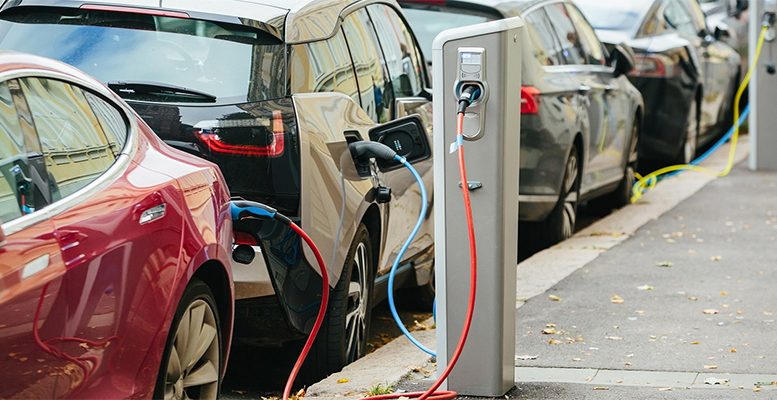The president of CIE Automotive, Antón Pradera, stated at an event organized by Deusto Business Alumni and Deloitte in Bilbao that the European energy transition policy in the automotive sector is a disaster. He warned that the sector in the EU is “very, very concerned” because it has stopped being a world champion, and in contrast to China’s subsidies for its industry and the tax incentives for US manufacturers, European companies are facing a transition “built on fines.”
Furthermore, the head of CIE compared the limited support for automotive groups with the incentives provided in Europe and Spain for the development of wind power and other renewables. In his opinion, it is necessary to incentivize and subsidize the demand for electric vehicles because they are expensive and do not provide the same service as combustion cars, as they are “still in their infancy.” Demand is something that the industry cannot control and will depend on incentives, he insisted. “You cannot manage change with fines but with support; otherwise, others will win, and this will have a high social cost in Europe.”
According to Pradera, as of today it is not clear who is responsible for the network of charging points, a matter that should not fall on car groups because “they cannot handle everything.” The sector has experienced three very good years of profitability, despite its excess capacity; a scenario in which the supply and chip crisis has hidden the problem. And 2024 is the first year in which EU companies are suffering from Chinese competition: they are losing market share in Europe and are left without a market in China, he highlighted.
The president of CIE has declared himself a “radical fan” of the hybrid car, given the need to “go slowly” and not to be overly purist. Furthermore, he has warned that the automotive industry is facing two other major waves: the autonomous car, which will have a lot of artificial intelligence; and hydrogen. In his opinion, the EU should take positions and ride these waves, which will change all transportation. On the other hand, the bet on batteries has a high environmental cost and depends on raw materials that come from China, which would increase geostrategic risk.





